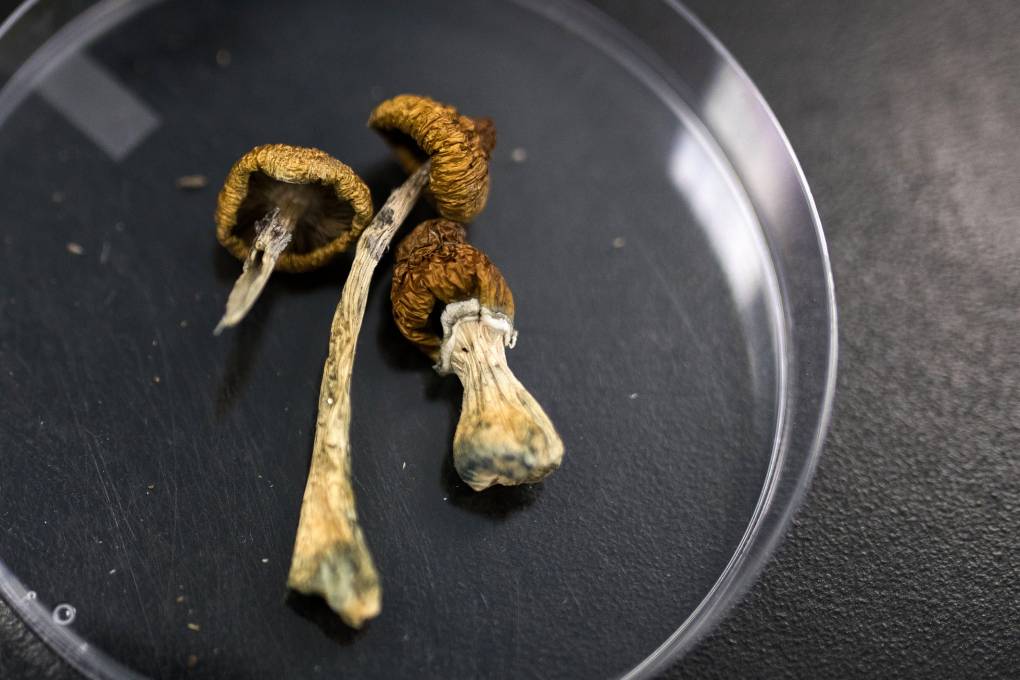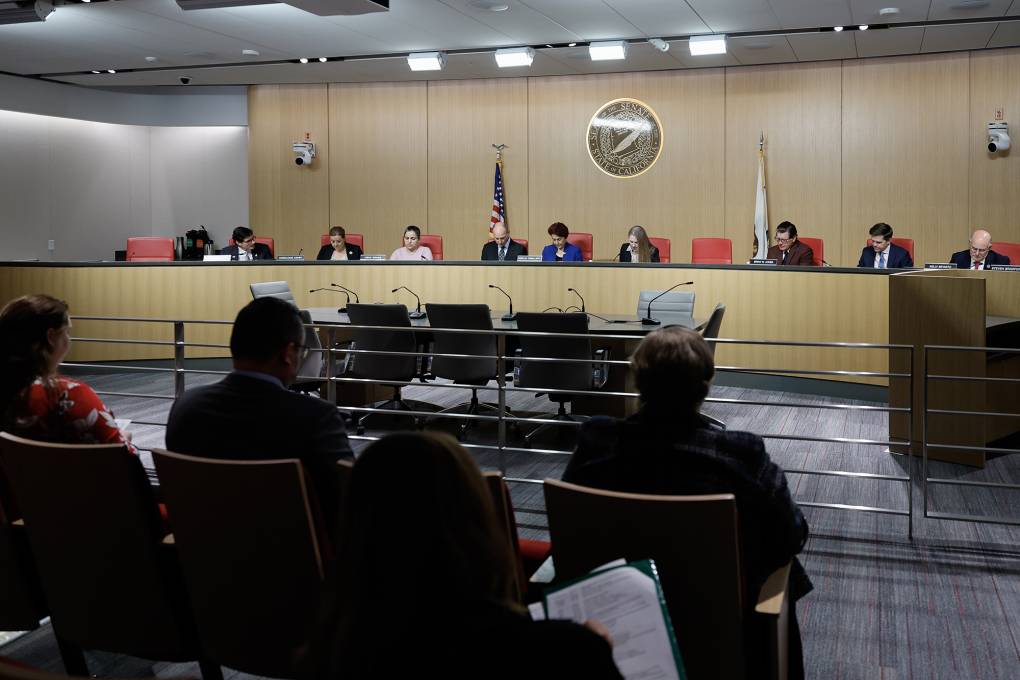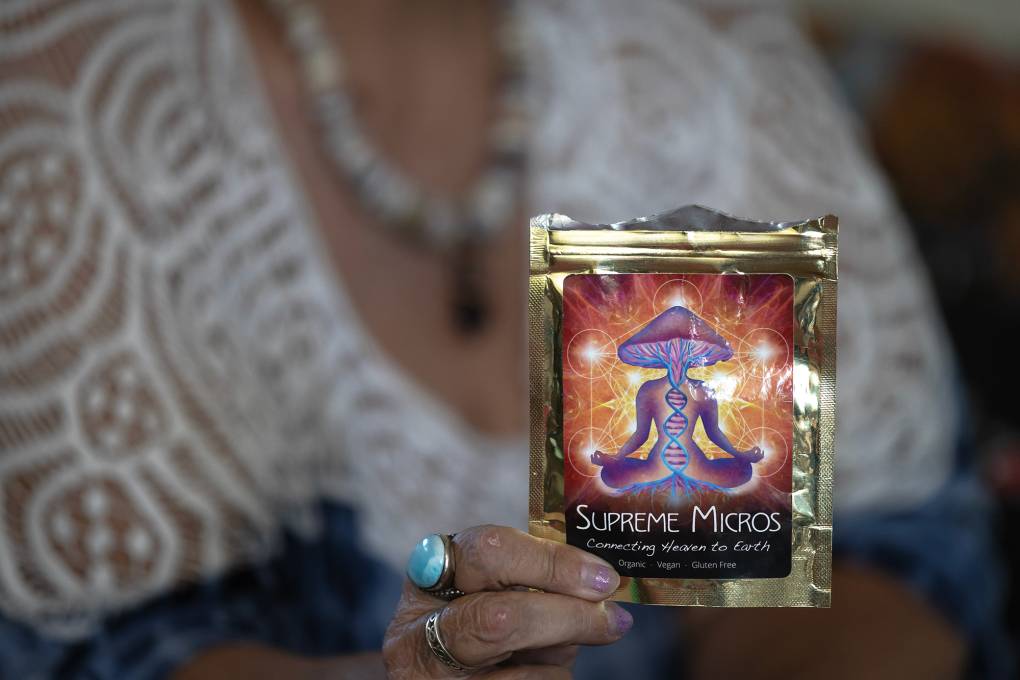In 2023, Gov. Gavin Newsom vetoed a much broader bill that sought to decriminalize such substances. In his veto, the governor asked lawmakers to come back with a bill similar to a model already used in Oregon.
However, since its first year of implementation, Oregon’s model has shown mixed outcomes. While some people have had positive experiences at newly opened psychedelics facilities, some policy experts have criticized it for misleadingly marketing it as “therapy” since treatments are not yet certified by the Food and Drug Administration.
Fundraising the California ballot measure campaign will be the group’s first major hurdle. And the idea comes as California is already staring down a major budget deficit and potential cuts across government.
But supporters of the ballot measure say it’s a step closer to creating safer environments for people to use psychedelics and new opportunities for mental health care.
A measure would most likely appear on the 2026 ballot, Wiener said. He is also considering reintroducing legislation, and he said the efforts would not be mutually exclusive. Advocates said they are still considering whether either effort would go beyond therapeutic use to wider decriminalization.
“We hope Governor Newsom puts his action where his mouth is. He’s the one that suggested this bill. Now is the time for him to also be a leader in this space and help us find a path forward,” Jesse Gould, a former Army Ranger, told KQED.
Gould started the Heroic Heart Project in April of 2017 to help connect veterans with safer psychedelic experiences, and he said many will leave the country for psychedelic experiences to treat issues like post-traumatic stress disorder or find other unregulated services in the U.S.
“All options are on the table. A ballot measure certainly is,” Gould said. “It’s clear that if the politicians won’t speak for their people, then we need to bring this to the people. And this is a popular subject for voters in California.”



